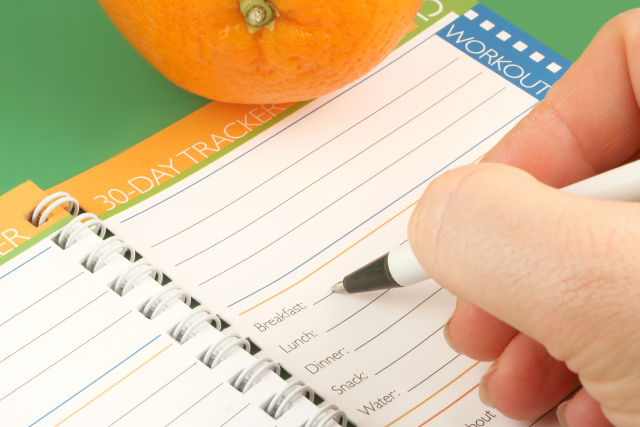
Keeping a Food Diary and How It Helps With Weight Loss
Maintaining a healthy weight is a common goal for many, but the journey can be challenging.
On top of the typical weight loss treatments, you can also consider keeping a food diary. This simple yet powerful method involves tracking what you eat and drink throughout the day. Studies have shown that keeping a food diary can double a person’s weight loss, making it an invaluable strategy for managing weight.
Let’s explore how food diaries assist in weight loss and provide practical tips on how to keep one effectively.
The Science Behind Food Diaries
1. Awareness and Accountability
One of the primary reasons food diaries are so effective is that they increase self-awareness. By recording everything you consume, you become more conscious of your eating habits. This heightened awareness can lead to better food choices and portion control.
Moreover, the act of writing things down holds you accountable. Knowing that you have to log that extra cookie can be a deterrent to mindless eating.
2. Identifying Patterns and Triggers
A food diary can help you identify patterns and triggers that lead to overeating. Do you snack more when you’re stressed or bored? Do you tend to eat late at night? By tracking your intake, you can pinpoint these behaviours and work on strategies to address them.
3. Nutritional Insight
Keeping a food diary can provide insight into the nutritional content of your diet. You might discover that you’re not getting enough protein, fibre, or certain vitamins. This information can be crucial in adjusting your diet to meet your nutritional needs, which can support overall health and aid in weight loss.
Tips for Keeping a Food Diary
1. Choose Your Method
Decide whether you prefer a traditional notebook, a digital spreadsheet, or a mobile app. Apps like MyFitnessPal and Lose It! are popular choices, offering extensive databases of food items and the ability to scan barcodes for quick entry. Choose a method that you’re comfortable with and are likely to stick with.
2. Be Honest and Detailed
For a food diary to be effective, honesty is crucial. Record everything you eat and drink, including small bites and sips. Be as detailed as possible, noting the type of food, portion sizes, and any added ingredients like sauces or dressings.
3. Log in Real-Time
Try to log your food intake immediately after eating. This reduces the chances of forgetting what you’ve consumed and ensures more accurate tracking. If logging in real-time isn’t possible, make notes on your phone or a small notepad to transfer later.
4. Include Emotions and Context
To identify triggers and patterns, note how you’re feeling when you eat and the context of your meal. Are you eating out of hunger, boredom, stress, or social pressure? This can help you understand the emotional and situational factors influencing your eating habits.
5. Track Portions and Measurements
Accurately tracking portions is essential. Use measuring cups, spoons, and a food scale if possible. If you’re eating out, estimate portion sizes as best as you can. Over time, you’ll become better at judging portions without measuring tools.
6. Review and Reflect
Regularly review your food diary to look for patterns and areas for improvement. Reflect on what went well and what challenges you faced. This reflection can help you set realistic goals and make necessary adjustments to your eating habits.
7. Plan Ahead
Use your food diary to plan meals and snacks. Planning can prevent last-minute unhealthy choices and ensure you have nutritious options available. It also allows you to balance your intake throughout the day.
8. Stay Consistent
Consistency is key to seeing results. Make it a habit to log your food intake daily. Set reminders if necessary and find a routine that works for you. Even if you have an off day, get back on track as soon as possible.
9. Seek Support
Sharing your food diary with a friend, family member, or dietitian can provide additional accountability and support. They can offer feedback and encouragement, helping you stay motivated on your weight loss journey.
10. Celebrate Progress
Acknowledge your progress, no matter how small. Celebrate milestones and improvements in your eating habits. Positive reinforcement can boost your motivation and commitment to maintaining a food diary.
Conclusion
A food diary is more than just a log of what you eat; it’s a powerful tool that can transform your approach to eating and weight management. By increasing awareness, providing accountability, and offering valuable insights into your eating habits, a food diary can significantly enhance your weight loss efforts. With the tips provided, you can start and maintain an effective food diary that supports your journey to a healthier you. Embrace the process, and you’ll likely find that keeping a food diary is a rewarding and enlightening experience.
Join Singapore’s best weight loss program at Slim Couture. Our treatment program combines TCM principles with weight loss techniques, ensuring that you can lose weight in a healthy and safe manner.






